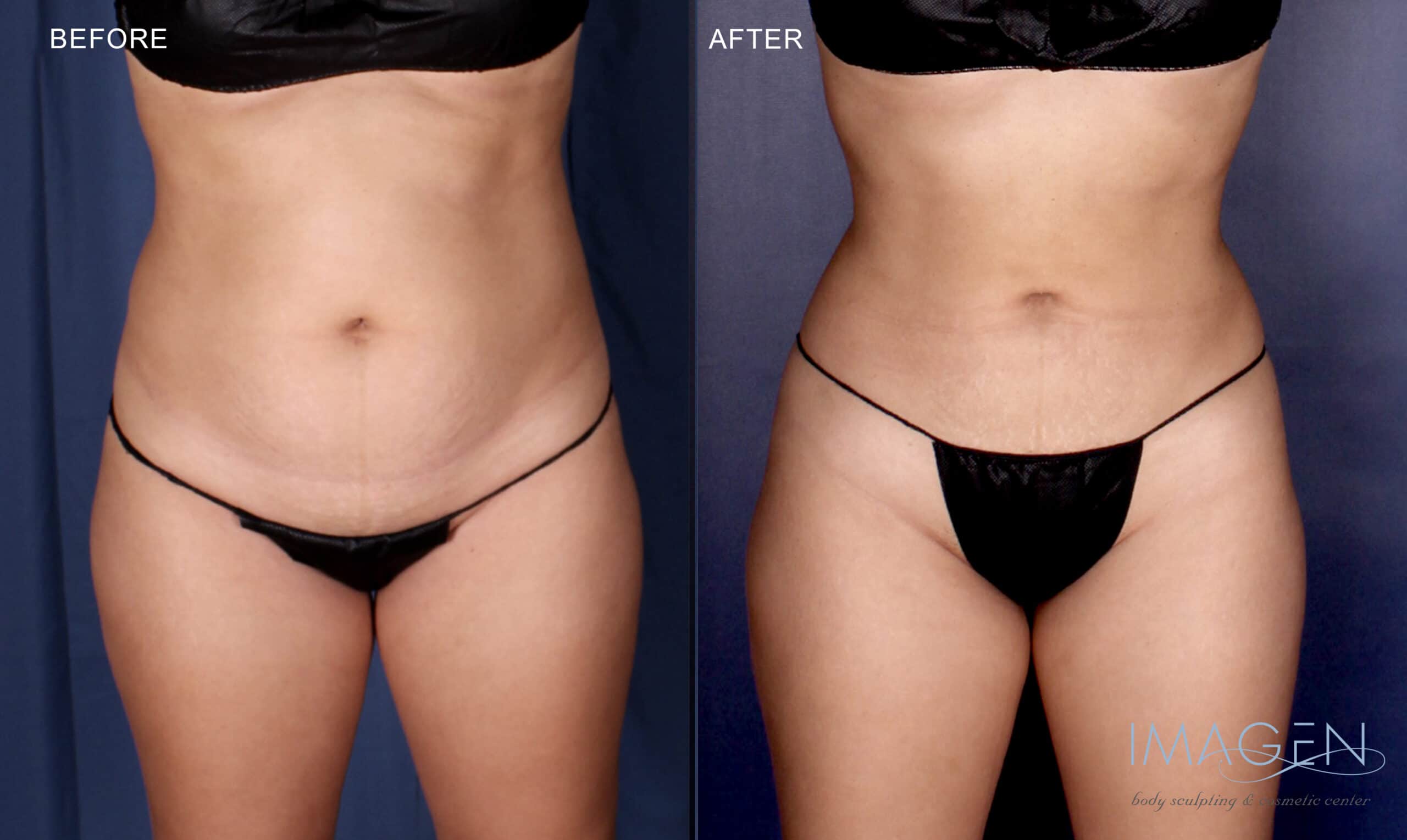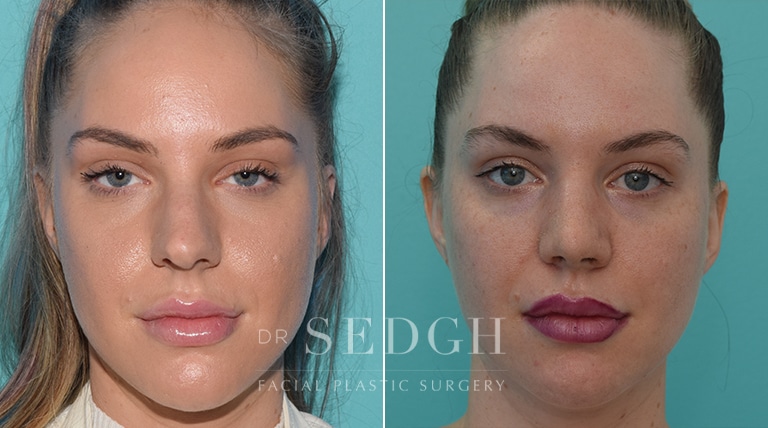
A breast implant can be a complicated procedure after radiation. You might want to consider an autologous breast reconstruction. This involves transferring excess abdominal tissue to the chest and using the specialized microsurgery techniques. This procedure is performed only by double-board-certified surgeons who have been fellowship trained in the field.
Complications that occur
Radiation-related complications can adversely affect the outcome of breast implant surgery. Many procedures may be necessary before patients are satisfied. In some cases, breast implants may have to be removed. The other complications include hematoma. Hematoma is the accumulation of blood near an area where surgery has taken place. This can cause swelling and bruising. If the patient has had a prior infection or seroma, this complication is likely to happen. To treat the complication, a doctor may recommend a reoperation.
Implant contracture, also known as asymmetry, is another potential risk of radiation treatment. This complication is typically caused by muscle, and revision surgery may be necessary to correct the condition. The surgeon will determine the contracted superior line contour of the breast before surgery. The desired superior line contour should be measured at approximately two to four millimeters below this contracted pole contour. The final breast shape should be in line with the contralateral, non-irradiated breast.

Impact on quality and life
Research into breast cancer is continuing to explore the impact radiation and breast-implant placements on quality life. There is increasing evidence that combining the two procedures improves patients' quality of life, as well as their satisfaction with the cosmetic result. There is still much debate about which approach is the best. Research can help establish consensus about the best options for patients.
Radiation therapy and modern surgery can help reduce the risk of breast cancer recurrence. With modern treatments, the recurrence rate is 5% to 7% after ten years, and 6% to 7% after 20 years. Radiation therapy may increase the risk of complications in breast cancer survivors.
Complications
Women who have undergone breast implants and radiation therapy face several risks. Radiation therapy can cause breast firmness and elasticity to decrease. Radiation also damages the microvascular circulation, which reduces blood flow. These side effects persist for life. In addition, radiation treatment can cause inflammation in the lungs. This can result in shortness of breath and a dry cough.
Two-year complication rates for breast reconstruction patients with breast implants or radiation were evaluated by researchers. They found that 39 percent of patients with irradiated implants and radiation underwent at least one complication. This is higher than patients who had only implants and underwent autologous restoration. However, overall complications rates were similar.

Options for treatment
There are two treatment options available for radiation-induced cancer of breasts and breast implants: autologous tissue transplant and breast reconstruction. The second involves transferring fat and excess skin from the abdomen back to the chest. This method improves the quality and blood supply of the chest wall tissues. Although the procedure may take longer, it can have fewer complications.
There are many risks involved in breast implantation surgery. For your comfort and overall well-being, it is essential to choose the right treatment. Radiation can also cause scarring or hardening of breast implants. This can lead to a less attractive cosmetic result. Chronic pain can also be caused by radiation therapy. Radiation therapy can also cause chronic pain. Breast reconstruction is recommended following radiation therapy.